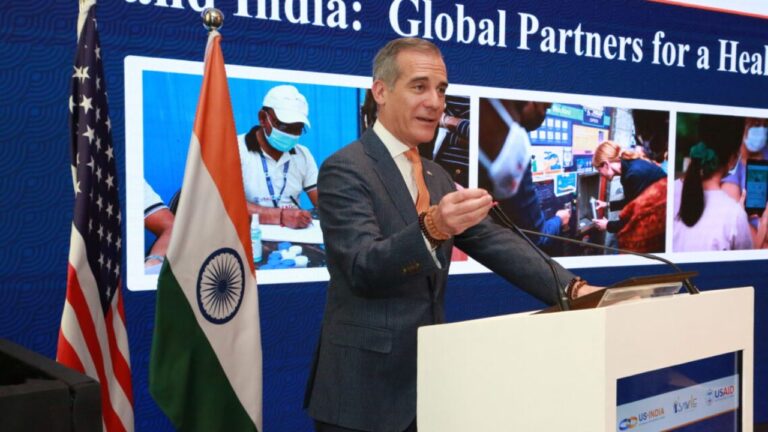
In our pursuit of prosperity and progress, we have fallen victim to the colonization of our minds by the capitalist model of relentless growth. The belief that endless consumption and accumulation of wealth are the sole indicators of success has blinded us to the consequences of our actions.
The depletion of finite resources, pollution of our rivers, degradation of soil, and the warming of our planet have all become collateral damage in this pursuit. However, it is high time that we awaken to the reality that perpetual growth is simply not sustainable.
De-growth offers a promising solution to repair the damage caused by inequitable living and climate change, enabling us to restore balance and create a more sustainable and equitable world.

Understanding De-Growth:
De-growth challenges the conventional notion of continuous economic expansion, emphasizing the need to transition towards more sustainable and equitable practices. It calls for a deliberate reduction in consumption and the localization of production, effectively shifting our focus from growth-centered economies to ones that prioritize social well-being, environmental sustainability, and fair distribution of resources.
Limiting Consumption: A Path to Equitable Living
The pursuit of growth often perpetuates inequality, as the benefits tend to concentrate in the hands of a few while leaving many behind. By embracing de-growth and limiting consumption, we can strive for a more equitable distribution of resources. This approach encourages us to question our patterns of consumption, differentiate between our needs and wants, and prioritize well-being over material accumulation. By reducing our ecological footprint, we not only alleviate pressure on the environment but also foster a more just society where resources are shared more equitably.


Localizing Production: Nurturing Sustainable Communities
De-growth emphasizes the importance of localizing production, as it promotes self-sufficiency, resilience, and community engagement. By reestablishing local economies, we reduce our dependence on resource-intensive global supply chains, thereby minimizing environmental impacts. Localized production encourages sustainable practices such as organic farming, renewable energy generation, and community-based industries. This approach fosters a deeper connection between people and their immediate environment, nurturing a sense of responsibility and stewardship.
Reaping the Benefits of De-Growth:
Environmental Regeneration:
The current growth paradigm has placed an immense strain on our planet’s ecosystems. De-growth provides an opportunity to restore balance and heal the damage caused by unsustainable practices. By consuming less, conserving resources, and adopting sustainable alternatives, we can reduce pollution, conserve biodiversity, and mitigate climate change. De-growth presents a chance to rethink our relationship with nature, transitioning towards regenerative practices that prioritize long-term ecological well-being.
Building Resilient Communities:
De-growth encourages community-centric approaches, fostering strong social ties and shared responsibilities. As we localize production, communities become more resilient to external shocks, such as economic crises or resource scarcity. By embracing de-growth, we can cultivate thriving local economies that prioritize human well-being, cooperation, and social cohesion. This shift away from an individualistic mindset allows us to build relationships based on trust, empathy, and collective decision-making.

Conclusion:
The paradigm of endless growth has led us astray, blinding us to the urgent need for change. Embracing de-growth offers us an alternative path towards a sustainable and equitable world. By limiting consumption and localizing production, we can create communities that prioritize well-being, foster ecological regeneration, and promote social justice.
Let us wake up from the colonization of our minds and embrace de-growth as a powerful tool to repair the damage caused by inequitable living and climate change. Together, we can pave the way for a future where prosperity is measured not by the amount of wealth amassed, but by the well-being of people and the health of our planet.
Watch Video: Seven Billion Dreams. One Planet. Consume with Care!






